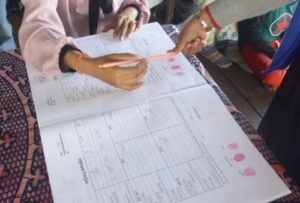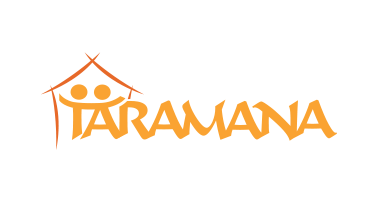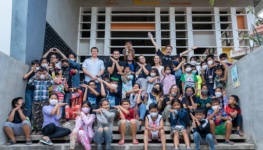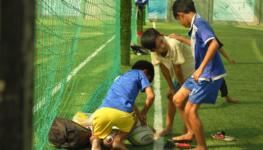A civil status, a known date of birth, a well written name, all of these seem to us to be simple and easily accessible rights. However, in Cambodia, it is still common for a child to have only an approximate idea of his age and therefore no knowledge of his or her birthday.
THE “GHOSTS” OF SOCIETY
Birth registration in Cambodia has improved in recent years, dropping from 62% of unregistered children under 5 in 2010 to 25% in 2017. However, today this still represents 1.6 million children without an official identity. Several factors can explain this phenomenon: a birthday chosen by the parents at the time of making the papers or a bad transcription of the information or the irregular translation in Latin letter of the first names by the various administrations.
Thus, a registered child may not know his date of birth, his first name may not be the same on all of his identity documents, and other small errors that cause problems on a larger scale.
The biggest problem remains the birth registration because unregistered children are deprived of an administrative identity, making them true “ghosts” in society. This can lead to a fragile future for the child who, without an identity, cannot pursue an education, a professional career, vote, travel or even get married. The lack of an official existence also opens the door to human trafficking, prostitution, early marriage or forced labor.
There are many reasons why families do not declare the birth of a child, ranging from simple nonchalance to the difficulty of getting to the dedicated services. It is often a journey that few parents are willing to make for a step that they do not always understand. However, the birth certificate, once presented at the nearest police station, will allow you to obtain an identity card and, above all, to be recognized as a full citizen.
WHAT SOLUTIONS ?
In Taramana, we fight for the right to identity of children, ensuring that each child is registered. If they are not, we help the family to obtain the certificate, either by contributing to the logistical costs or to the cost of issuing the certificate. Today, there are less than ten children enrolled in Taramana who have not yet provided their certificate for the start of the school year, and only one who does not have one at all: little Visal, 12 years after his birth, still does not have a certificate, and as a result, he could not participate in the start of the public school year in January 2021. Born in the province, it would be too expensive for the family to do it from a distance. A return trip might be cheaper but the cost is still too high, and with a 1.5 year old brother and a working father, the mother cannot afford a trip to the provinces.
To ensure that children understand the importance of the birth certificate, moral and civic education classes are given at Taramana. At the same time, we communicate with families to help them understand the importance of this process.
Globally, approximately 166 million children under the age of 5 (one in four) have never been registered at birth. South Asia and sub-Saharan Africa account for 87% of unregistered children under 5.
To address this problem, the Cambodian government has introduced new rules, such as free registration within 30 days of birth. With the help of UNICEF and other NGOs, many steps are taken every year to overcome the lack of declaration and to modify the system for a future where every child will be registered. Among these solutions, there is for example the creation of a platform gathering all the official documents in order to facilitate the work of the town halls, or the organization of “registration weeks” in remote villages, where officials come to register, with the help of NGOs, the unregistered inhabitants.
The Covid crisis has slowed down the process and the research reports, but the population identification strategy put in place by the government in 2016 is still in progress. The long-term goal for Cambodia is to have an identity for everyone by 2026.






